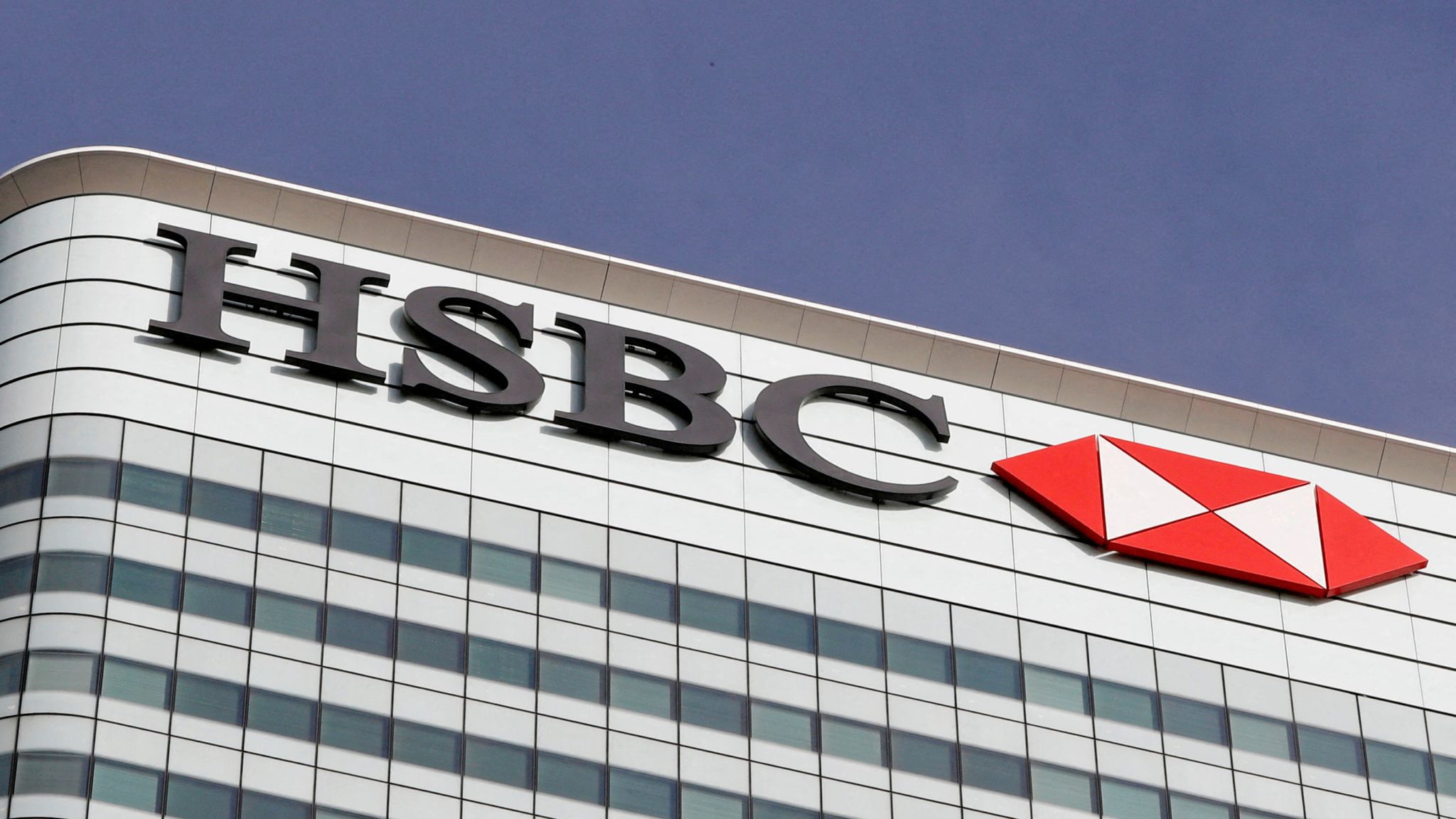Business
Regulators Seize Assets From Silicon Valley Bank’s Canadian Branch

The Canadian banking regulator has temporarily seized assets from Silicon Valley Bank’s Canadian branch. Fearful depositors withdrew billions of dollars from the US bank on Friday in hours, forcing US banking regulators to close the California-based institution immediately.
According to the Office of the Superintendent of Financial Institutions of Canada, the bank operates in Canada as a foreign branch based in Toronto, which it supervises.
According to the report, Superintendent Peter Routledge seized the Canadian assets to preserve their value in light of the California Department of Financial Protection and Innovation’s decision to close the bank.
According to the statement, Silicon’s business in Canada primarily lends to corporate clients, and the branch does not hold any commercial or individual deposits in Canada.
The superintendent has also notified the Attorney General of Canada of his intention to seek permanent control of the Canadian branch’s assets and requested a winding-up order be issued.
“We are acting to protect the rights and interests of the branch’s creditors by temporarily seizing the Canadian branch of Silicon Valley Bank,” Routledge said in a statement announcing the temporary seizure.
“I want to be clear: the Silicon Valley Bank branch in Canada does not accept Canadian deposits, and this is due to circumstances unique to Silicon Valley Bank in the United States.”
According to the statement, the Federal Deposit Insurance Corporation of the United States was named the receiver.
Silicon Valley Bank primarily served technology workers and venture capital-backed businesses, including some of the industry’s most well-known names. After the failure of Washington Mutual in 2008, it was the second-largest bank failure in US history.
On Sunday, U.S. Treasury Secretary Janet Yellen stated that the federal government would not bail out Silicon Valley Bank but is working to assist depositors concerned about their money.
During an interview with CBS’ “Face the Nation,” she reassured Americans that there would be no domino effect from the failure of Silicon Valley Bank and that the American banking system is safe and well capitalized.
The Canadian regulator stated that it has closely monitored Silicon Valley Bank’s Canadian branch since its difficulties began. It also stated that it “continues to undertake diligent supervision of federally regulated banks in Canada, including robust requirements for capital and liquidity adequacy,” following globally accepted international Basel III standards.
 HSBC White Knight for Silicon Valley Bank
HSBC White Knight for Silicon Valley Bank
HSBC Holdings has emerged as a potential “white knight” bidder for Silicon Valley Bank (SVB) UK, as the government and regulators work to keep the lender from going bankrupt.
Sky News reported that HSBC was considering a bid for the stricken technology-focused lender’s British arm on Sunday night, joining several smaller rivals in the emergency sale process triggered by its American parent’s collapse into government ownership.
According to one source, a deal was still possible, and the Bank of England’s decision to place SVB UK into insolvency proceedings could happen in the coming hours.
The American banking behemoth JP Morgan has also been asked to look into a bid.
Although HSBC is thought to be the more likely of the two global lenders to pursue a transaction, it has declined to comment, and it remains possible to abandon the process.
The speed with which the sale was completed raised concerns among some observers that HSBC could acquire SVB UK before the company went bankrupt.
Any transaction would not be material to HSBC’s global balance sheet, but it would increase its exposure to corporate clients in the tech and biotech sectors in its home market of the United Kingdom.
HSBC and JP Morgan were among the large international banks asked to consider participating in the pre-insolvency sale process, along with Barclays and Lloyds Banking Group.
Lloyds was also said to be deliberating whether to make an offer on Sunday night.

 HSBC White Knight for Silicon Valley Bank
HSBC White Knight for Silicon Valley Bank




























